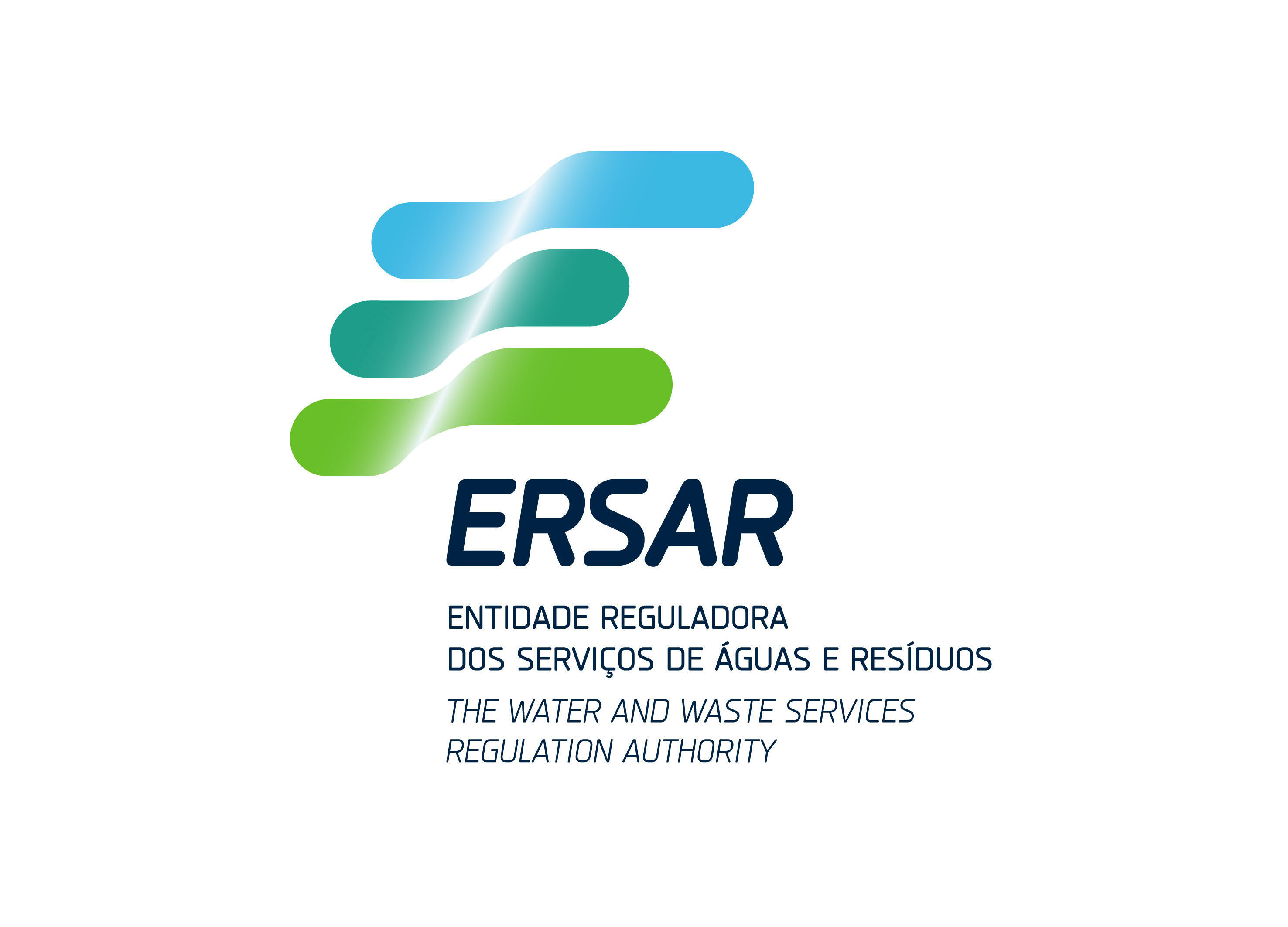The workshop aims at strengthening capacity of countries in the Mediterranean region to set, revise and implement national climate resilient targets on water, sanitation and health.
- water | water supply | drinking water | water policy | flood | extreme weather | drought | cross-border cooperation | circular economy
- Tuesday 4 June 2024, 09:30 - 18:00 (CEST)
- Lisboa, Portugal
- Country
- Portugal
Practical information
- When
- Tuesday 4 June 2024, 09:30 - 18:00 (CEST)
- Where
- Secretaria-Geral do Ministério do Ambiente e da Ação ClimáticaRua de O Século, 63, Lisboa, Portugal
- Languages
- English
- Part of
Description
The workshop, organized by ERSAR - the Portuguese water and waste services regulation authority - in the framework of the UNECE-WHO/Europe Protocol on Water and Health’s activities, aims at strengthening capacity of countries in the Mediterranean region to set, revise and implement national targets on water, sanitation and health.
Recognizing that EU countries which are Parties to the Protocol increasingly refer to climate change when setting their targets and that the Mediterranean region will be amongst the most affected by climate change impacts (IPCC, 2013), the workshop will have a specific thematic focus on ensuring climate resilience.
In this respect, it will facilitate the exchange of experiences and ideas between representatives of environment and health authorities from the Mediterranean countries towards promoting safe and climate-resilient water and sanitation for all within the Protocol’s target-setting mechanism and in line with the EU Directives on water (EU Water Framework Directive, EU Drinking Water Directive, the proposed revision of the EU Waste Water Treatment Directive, etc.).
The expected outcomes of the workshop are increased awareness and understanding of the participants about the relevance of target setting/revision under the Protocol, including in the area of climate resilience; strengthened commitment of national policy makers in positioning the Protocol as an effective instrument for supporting the implementation of the relevant water-related EU directives as well as for the achievement of the water and climate-related SDGs and increased capacity to devise targets and implementing measures on climate resilient water and sanitation.

